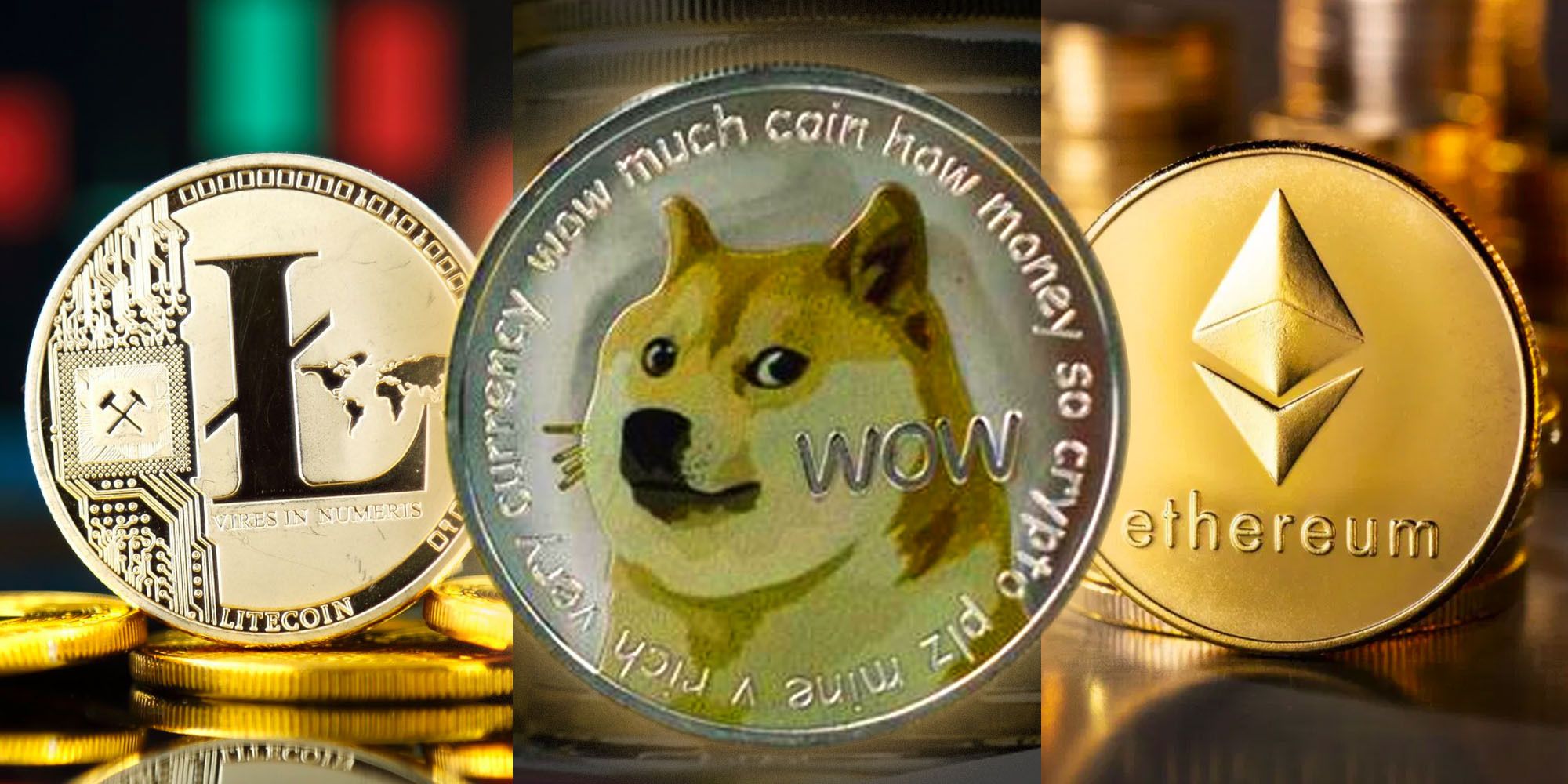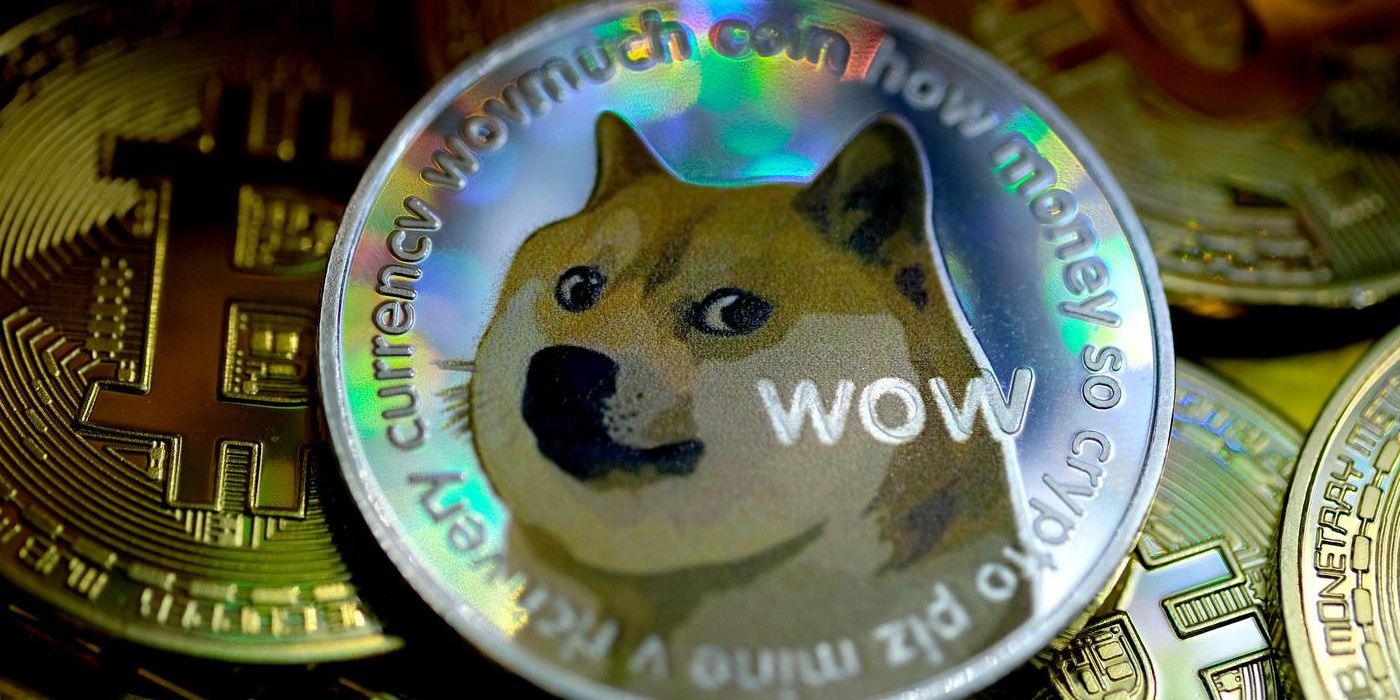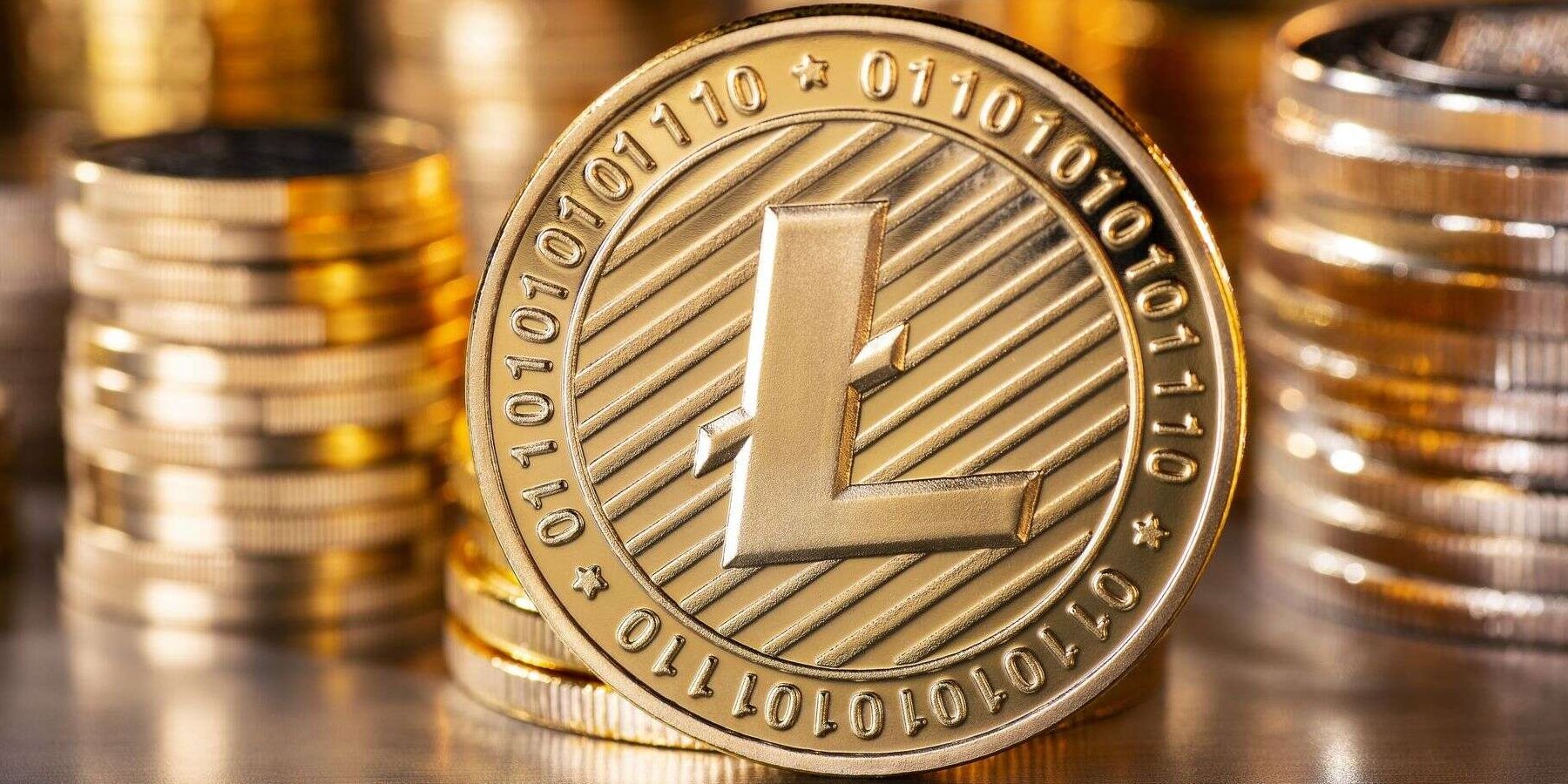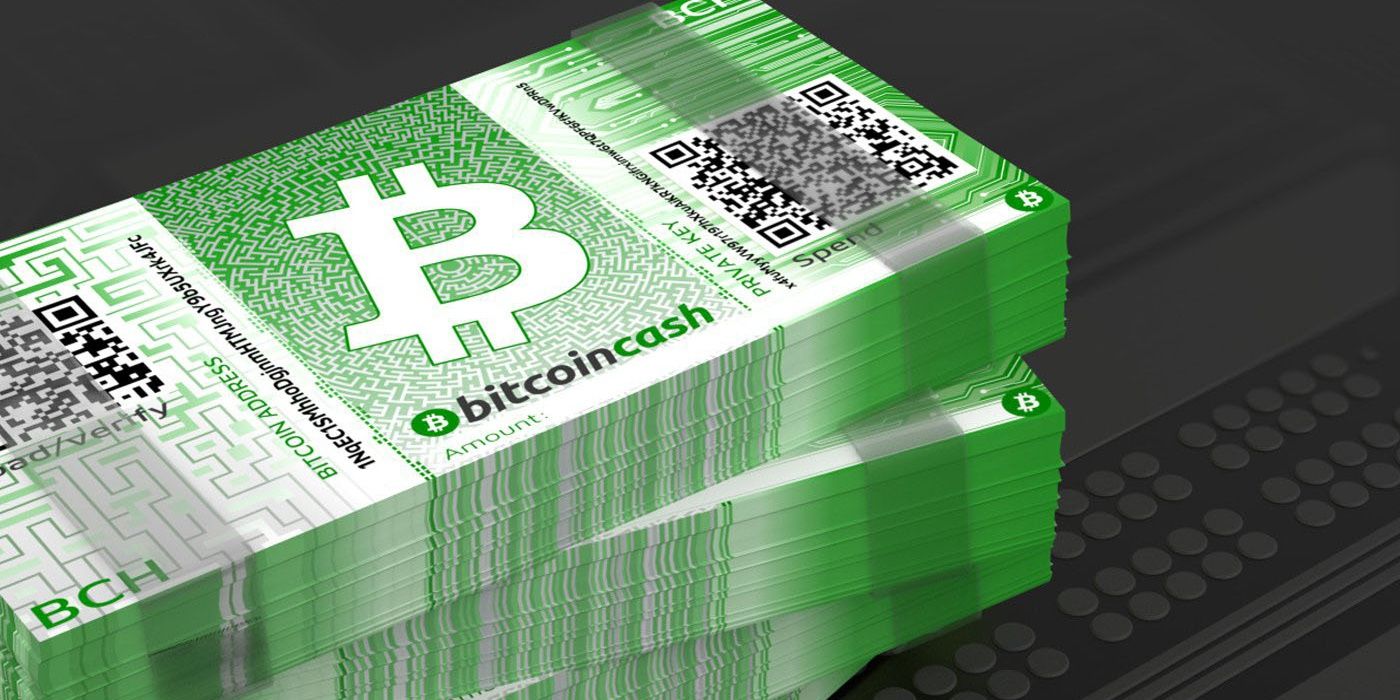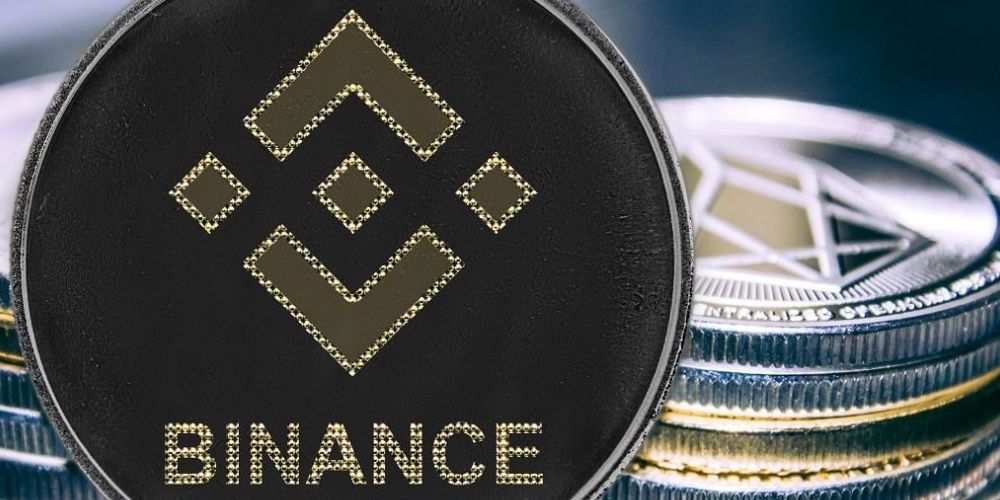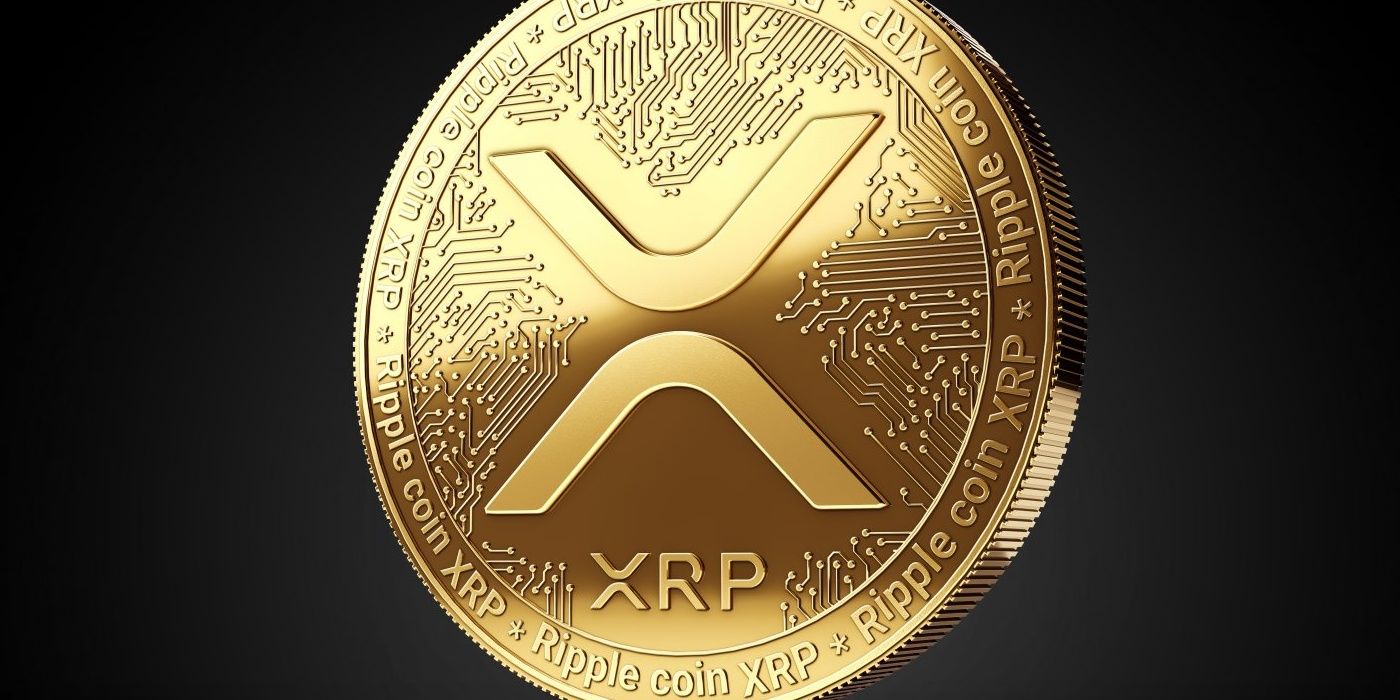Since 2009 when Satoshi Nakomoto—or a person or persons going by that name, at least—created Bitcoin, cryptocurrency steadily grew more and more popular. With its increased popularity came the creation of other cryptocurrencies apart from Bitcoin. As these cryptocurrencies continue to make waves on the market, some have emerged as more popular than others.
Keeping track of each, its value on the market, the dips, and the rallies can get overwhelming, especially with so many of them out there. A good place to start for anyone interested in trading cryptocurrencies is trending ones, as these tend to be most valuable, though they often fluxuate. Keeping an eye out for scams is crucial, too.
Dogecoin
What started as a joke in 2013 by Billy Markus and Jackson Palmer, intended to poke fun at the growth of altcoins became one of the top cryptocurrencies on the market in 2021. Dogecoin was named after a doge internet meme of a Shiba Inu dog, and, despite its satirical origins, the cryptocurrency had some practicality due to its large supply, as it has no cap, unlike other cryptocurrencies such as Bitcoin. Its low price also enabled efficient micro-tipping content on social media.
Dogecoin rose to popularity following publicity stunts by enthusiasts to raise its profile, including crowdfunding the Jamaican Bobsleigh team for the 2014 Olympics. According to CoinTelegraph, in the early months of 2021, Dogecoin gained over 5,000%. Even Tesla CEO Elon Musk called it the people's crypto on Twitter.
Bitcoin
Bitcoin, the crypto that started it all. Created as an alternative to the existing functional system by a person or group under the alias Satoshi Nakotomo, the digital money supply appeals to many because it's not controlled by any bank or government.
Having been around since 2009, it's no surprise that Bitcoin has consistently been at the top of the cryptocurrency stock market charts. The lifetime cap of 21 million on Bitcoin is partly responsible for that, as the limit on the maximum number of bitcoins that can be created helps ensure that the cryptocurrency holds and grows its value over time. This stability also contributes to its higher value, as it currently has a market cap of $984.55 billion and a per token value of $52,748.44, though that's obviously prone to intense fluxation.
Ethereum
Vitalik Buterin created Ethereum, which officially went live in 2015. He proposed using Bitcoin's design to create a decentralized software platform supporting the programming of language and the building and publishing of applications to be run without downtime, fraud, or interference from third parties. The goal was to create decentralized financial products that are readily accessible to anyone, anywhere in the world.
The decentralized apps (Dapps) are large constructions of several smart contracts, which are agreements written in form of computer code and programmed to execute when certain conditions are met. Ether—Ethereum's associated cryptographic token—enables the running of these applications. As a result, ether is more versatile than other cryptocurrencies as it can be traded as a digital currency and used to run applications inside Ethereum and monetize work. As of April 2021, the Ethereum market cap stands at $284.49 billion, with a per token price of $2,465.69
ChainLink
Sergey Nazarov and Steve Ellis created Chainlink in 2017 to enable smart contracts to connect to data outside the cryptocurrency platform. As a decentralized network allowing a connection that blockchains cannot achieve in a secure manner, Chainlink opened up more use possibilities for its system. For example, if a smart contract is trying to replicate bonds, Chainlink incentivizes data providers (oracles) to grant access to market price data.
In return, the oracles receive a reputation score and are rewarded in Chainlink's cryptocurrency (Link) if they provide useful data while following the software's rules. The amount of Link an oracle holds determines its reputation score. Link is also used as a deposit to be paid by the oracles to creators of the smart contracts. The supply of Link is capped at a maximum of 1 billion, and, as of April 2021, its market cap is at $14.39 billion with a per token price of $34.21.
Litecoin
In 2011 Charlie Lee, a former Google engineer and MIT graduate created Litecoin. In many ways, Litecoin is like Bitcoin, hence its nickname as the silver to Bitcoin's gold, but it has the advantage of a faster block generation rate, which translates to a faster transaction confirmation time of 2.5 minutes versus 10 minutes on Bitcoin.
Litecoin enables the exchange of LTC with a supply limit of 84 million. Litecoin's popularity among traders is due to this limited supply, as the value of each token increases as a result of supply reductions. Developers and some merchants accept Litecoin as payment for goods and services through any processors that accept cryptocurrencies. As of April 2021, its market cap stands at $16.10 billion, with a per token value of $238.59, and it's widely traded on many cryptocurrency exchanges.
Bitcoin Cash
Bitcoin Cash is essentially a spinoff of Bitcoin, the world's oldest and most widely traded cryptocurrency. Its creation was a result of disagreements between developers and miners over making changes to Bitcoin's original code to increase the size of blocks. The bigger the block, the more transactions it can hold, and hence the faster the transaction speed. Eventually, one group of businesses and developers launched the software that created Bitcoin Cash, effectively splitting it from the original Bitcoin.
With the increase in the size of blocks for Bitcoin Cash came the advantage of the elimination of fees that Bitcoin used to determine transaction priority during times of heavy demand. As a result, Bitcoin Cash transactions are cheaper and, hence, more valuable. Like Bitcoin, Bitcoin Cash has a supply limit of 21 million. Its market cap stands at $15.38 billion and per token value is $811.65 as of April 2021.
Tether
Anyone familiar with trading is well aware of the volatility of the market. For cryptocurrencies, this volatility is often frequent and dramatic, leading to major losses or gains. Tether was created in 2014 to eliminate this issue of volatility by pegging its market value to the price of the US dollar. Since then, Tether's support has extended to three other stablecoins, namely the Chinese Yuan (CNHT), Euro (EURT), and XAUT, backed by 1 oz. of gold.
These stablecoins smooth out price fluctuations and, as a result of this relatively lower volatility, Tether often appeals to cautious users and traders. The market cap is currently at $50 billion and the token value is $0.9999.
Binance Coin
Before it became a stand-alone cryptocurrency, Binance Coin was hosted on Ethereum as an ERC-20 token. In 2017, the Binance decentralized exchange (DEX) went online and it became a platform similar to Ethereum, albeit with extra features.
On this platform, users can trade finance coins and use them to convert other cryptocurrencies from one to another. This unique feature led to its popularity as one of the most widely used exchanges globally by trading volumes. In addition, the Binance DEX offers a discount on payments of transaction fees made with Binance Coin, which encourages users to continue trading on the platform and contributes to its growth. Presently, the market cap for Binance Coin stands at $82.66 billion with a per token value of $540.78.
Ripple (XRP)
XRP was launched in 2013 to complement traditional payment methods. It uses a more open infrastructure to move money around the globe without the involvement of third parties. Thanks to the fast processing time of approximately three to five seconds and low transaction fees, it's able to compete with the SWIFT system currently used by banks and other major financial institutions.
XRP's finite supply is capped at $100 billion, and its current token value of $1.16 provides an opportunity for traders to buy low and sell high in the future. The market cap currently stands at $53.89 billion.
Cardano
Cardano is not only a cryptocurrency, but a platform for decentralized apps, as well. In fact, Jeremy Wood and Charles Hoskinson, who developed the platform, worked on the Ethereum ecosystem before that. Following its release in 2017, Cardano stood out as its network allowed settlement of payments and transactions, plus deployment of smart contracts.
The maximum supply of Cardano is 45 billion and the market cap is $38.71 billion as of April 2021, while the token price is $1.19. Some experts believe, with time, it may overtake cryptocurrency giants like Bitcoin and Ethereum in value.

